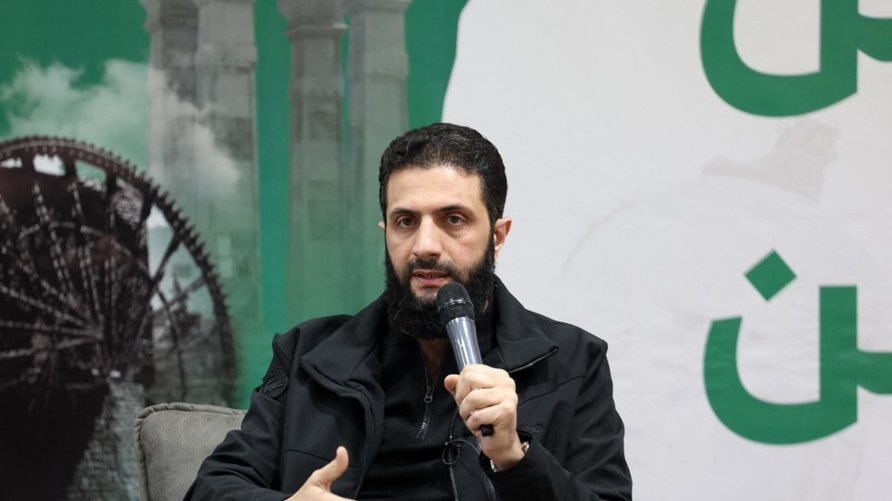U.S. Cancels Bounty on Syrian Leader Ahmad al-Sharaa
On Friday, U.S. Assistant Secretary of State for Near Eastern Affairs, Barbara Leaf, informed the
new Syrian leader, Ahmad al-Sharaa, that Washington has canceled the financial reward
previously offered for information leading to his arrest.
Leaf told reporters after meeting al-Sharaa in Damascus that, “Based on our discussions, I
conveyed to him that we will no longer pursue the ‘Rewards for Justice’ program offer that has
been in place for several years.”
She clarified that the decision to cancel the bounty was political, aligning with talks with Hayat
Tahrir al-Sham (HTS) regarding U.S. interests. Leaf added that American diplomats had a “good”
meeting with al-Sharaa discussing the political transition in Syria’s future.

The discussions emphasized the need to ensure terrorist groups could not pose threats within or
outside Syria, a commitment al-Sharaa confirmed. Leaf also stated that, “Based on today’s
developments, Iran will have no role at all and should have no role” in Syria.
Washington plans to provide technical expertise and other support to Syria to address
documenting Assad’s crimes, with mass graves being a priority for the U.S. government.
Regarding the situation in northern Syria, Leaf suggested that a ceasefire around Kobani and a
“solid transition” for the role of the Syrian Democratic Forces in this region is the best approach.
She noted the significantly changed circumstances for Kurds in northeast Syria who have organized and defended themselves.
Reuters quoted U.S. diplomats saying
“We received a lot of information about journalist Austin Tice, but it does not conclusively indicate whether he is alive or not.”
An American diplomatic delegation, led by Leaf, also included Presidential Envoy for Hostage
Affairs Roger Carstens and newly appointed advisor Daniel Rubinstein, who is tasked with leading
U.S. diplomatic efforts in Syria. This was the first visit by U.S. diplomats to Damascus since the
Syrian opposition ousted Assad. The U.S. had severed diplomatic relations with Syria and closed
its embassy in Damascus in 2012.
Previously, the U.S. had designated al-Sharaa, also known as Mohammad al-Jolani, as a terrorist
in 2013 and offered a $10 million bounty for his capture.
What are the options for Ankara, Damascus, and Washington in dealing with the “SDF”?



